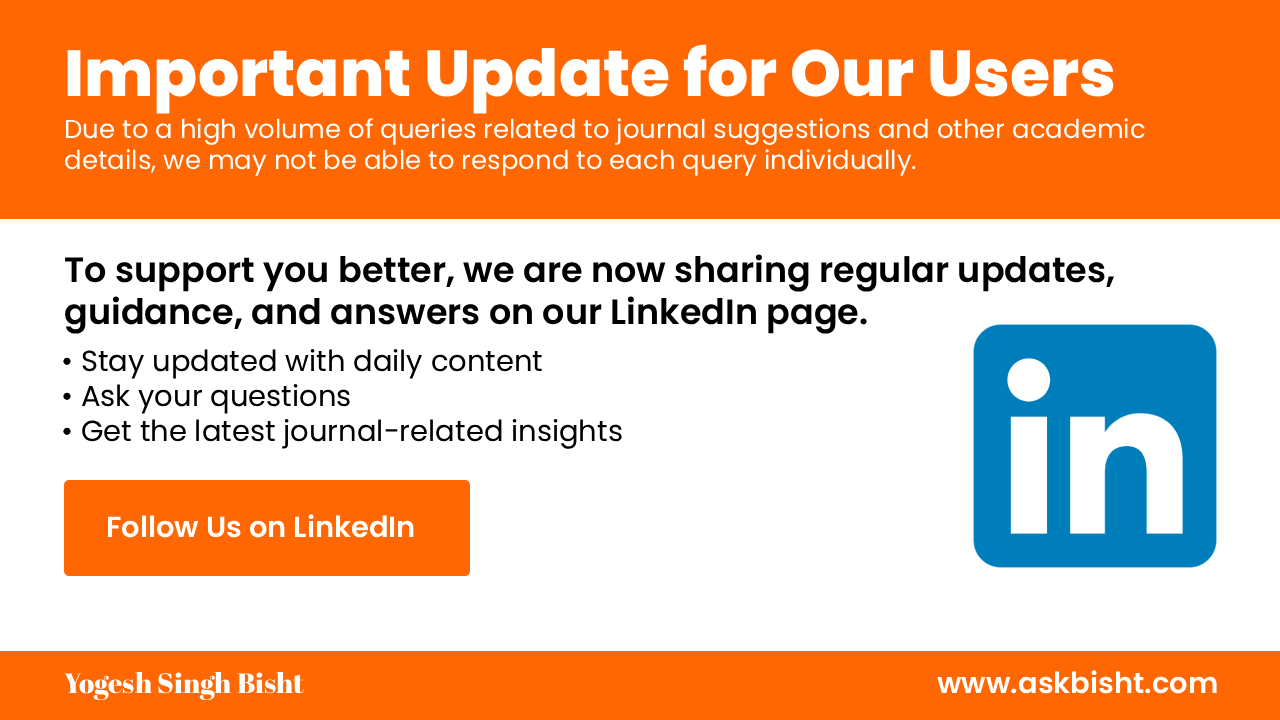Australian Journal of Psychology
Published by Taylor & Francis (Journal Finder)
ISSN : 0004-9530 eISSN : 1742-9536
Abbreviation : Aust. J. Psychol.
Aims & Scope
Australian Journal of Psychology is the premier scientific journal of the Australian Psychological Society.
It covers the entire spectrum of psychological research and receives articles on all topics within the broad scope of the discipline.
The journal publishes high quality peer-reviewed articles with reviewers and associate editors providing detailed assistance to authors to reach publication.
The journal publishes reports of experimental and survey studies, including reports of qualitative investigations, on pure and applied topics in the field of psychology.
Articles on clinical psychology or on the professional concerns of applied psychology should be submitted to our sister journals, Australian Psychologist or Clinical Psychologist.
The journal publishes occasional reviews of specific topics, theoretical pieces and commentaries on methodological issues.
There are also solicited book reviews and comments Annual special issues devoted to a single topic, and guest edited by a specialist editor, are published.
The journal regards itself as international in vision and will accept submissions from psychologists in all countries.
View Aims & ScopeMetrics & Ranking
Impact Factor
| Year | Value |
|---|---|
| 2025 | 1.6 |
| 2024 | 3.60 |
SJR (SCImago Journal Rank)
| Year | Value |
|---|---|
| 2024 | 1.477 |
Quartile
| Year | Value |
|---|---|
| 2024 | Q1 |
Journal Rank
| Year | Value |
|---|---|
| 2024 | 2458 |
Journal Citation Indicator
| Year | Value |
|---|---|
| 2024 | 512 |
Impact Factor Trend
Abstracting & Indexing
Journal is indexed in leading academic databases, ensuring global visibility and accessibility of our peer-reviewed research.
Subjects & Keywords
Journal’s research areas, covering key disciplines and specialized sub-topics in Psychology, designed to support cutting-edge academic discovery.
Licensing & Copyright
This journal operates under an Open Access model. Articles are freely accessible to the public immediately upon publication. The content is licensed under a Creative Commons Attribution 4.0 International License (CC BY 4.0), allowing users to share and adapt the work with proper attribution.
Copyright remains with the author(s), and no permission is required for non-commercial use, provided the original source is cited.
Policy Links
This section provides access to essential policy documents, guidelines, and resources related to the journal’s publication and submission processes.
- Aims scope
- Homepage
- Oa statement
- Author instructions
- License terms
- Review url
- Board url
- Copyright url
- Plagiarism url
- Preservation url
- Apc url
- License
Plagiarism Policy
This journal follows a plagiarism policy. All submitted manuscripts are screened using reliable plagiarism detection software to ensure originality and academic integrity. Authors are responsible for proper citation and acknowledgment of all sources, and any form of plagiarism, including self-plagiarism, will not be tolerated.
For more details, please refer to our official: Plagiarism Policy.
APC Details
The journal’s Article Processing Charge (APC) policies support open access publishing in Psychology, ensuring accessibility and quality in research dissemination.
This journal requires an Article Processing Charge (APC) to support open access publishing, covering peer review, editing, and distribution. The current APC is 2,990.00 USD. Learn more.
Explore journals without APCs for alternative publishing options.
Most Cited Articles
The Most Cited Articles section features the journal's most impactful research, based on citation counts. These articles have been referenced frequently by other researchers, indicating their significant contribution to their respective fields.
-
Belonging: a review of conceptual issues, an integrative framework, and directions for future research
Citation: 475
Authors: Kelly-Ann, Margaret L., Christopher S., Dennis M., George M.
-
The measurement of the etic aspects of individualism and collectivism across cultures
Citation: 357
Authors: Harry C., Robert, Hector, Michael, Kwok, Abelando, James, C. Harry, Gerardo, Bernadette, Jai B. P., Jyoti, John, Hubert, Germaine de
-
Affectometer 2: A scale to measure current level of general happiness
Citation: 278
Authors: Richard, Ross
-
Needing to connect: The effect of self and others on young people's involvement with their mobile phones
Citation: 235
Authors: Shari P., Katherine Marie, Ross
-
Coping and emotion regulation from childhood to early adulthood: Points of convergence and divergence
Citation: 221
Authors: Bruce E., Sarah S., Jennifer P., Kelly H., Alexandra H., Meredith A., Ellen K.
-
The development of children's theory of mind: The working memory explanation
Citation: 219
Authors: Helen L., Chris
-
Adaptable behaviours for successful work and career adjustment
Citation: 210
Authors: Barbara, Beryl
-
Brisbane Adolescent Twin Study: Outline of study methods and research projects
Citation: 195
Authors: Margaret J, Nicholas G
-
Environmental concern and behaviour in an Australian sample within an ecocentric – anthropocentric framework
Citation: 172
Authors: Paul J., Kylie
-
Social networking site use: Linked to adolescents' social selfâ€concept, selfâ€esteem, and depressed mood
Citation: 172
Authors: Corey J., Bonnie L.
